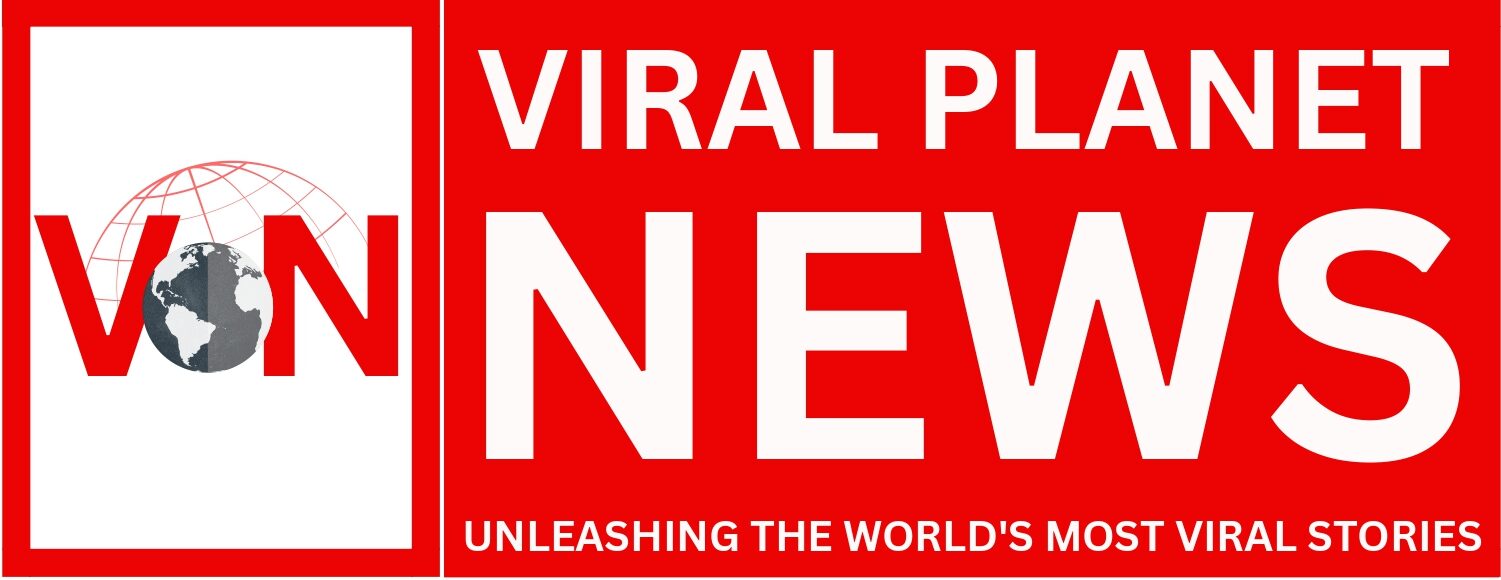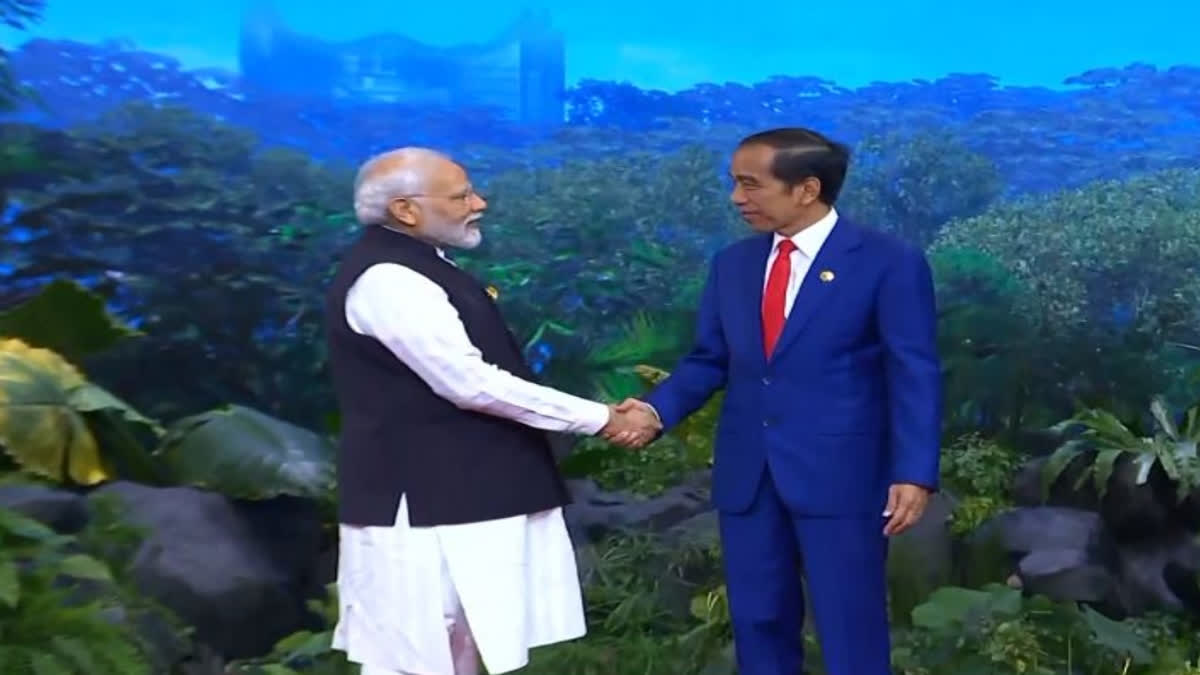By – Prakarsh Kastwar
During the Asean-India Summit, Prime Minister Modi put up a 12-point strategy to improve relations with the Asean’s 10 members.
NEW DELHI : In light of China’s assertive actions on territorial disputes, Prime Minister Narendra Modi said on Thursday that a rules-based post-Covid-19 world order is necessary for the Asian century, and collective efforts are required to strengthen the sovereignty and territorial integrity of all nations.
The Prime Minister of India, Narendra Modi, made his comments at the Asean-India Summit and the East Asia Summit in Jakarta, Indonesia. Beijing has just published a “standard map” that shows large portions of other nations’ territories as part of its borders. In opposition to the Chinese map, there have been protests from Taiwan, Vietnam, Malaysia, Indonesia, Japan, India, and Japan.
In order to strengthen collaboration with the 10 countries of the Association of Southeast Asian Nations (Asean), Modi put up a 12-point strategy at the Asean-India Summit. The two sides share a common interest in safeguarding a free and open Indo-Pacific and boosting the voices of the Global South, Modi told the gathering. He stated that India is committed to cooperating with all Asean nations to accomplish these objectives.
“The twenty-first century is the Asian century. This century is ours. Speaking in Hindi during the Asean-India Summit, he said that this calls for the establishment of a post-Covid world order based on rules and everyone’s contribution to advancing human wellbeing.
At the East Asia Summit (EAS), which Chinese Premier Li Qiang attended, Modi was more direct in his views. EAS brings together eight discussion partners, including Australia, China, Japan, Russia, and the US, along with Asean member states.
To strengthen the sovereignty and territorial integrity of all nations, everyone’s dedication and concerted efforts are also required, according to Modi’s remarks to the EAS.
“As I have said previously, today is not a time for war. The only way to find a solution is via dialogue and diplomacy, he continued, speaking once more in Hindi.
In addition, Modi reminded the EAS that in an unpredictable world, multilateralism and a rules-based global order are crucial for addressing problems like terrorism, extremism, and geopolitical disputes.
The Indo-Pacific region needs to be one where all nations are treated equally under international law, including UNCLOS, where there is freedom of navigation and overflight, and where there is unrestricted legal trade that benefits everyone, the official added.

